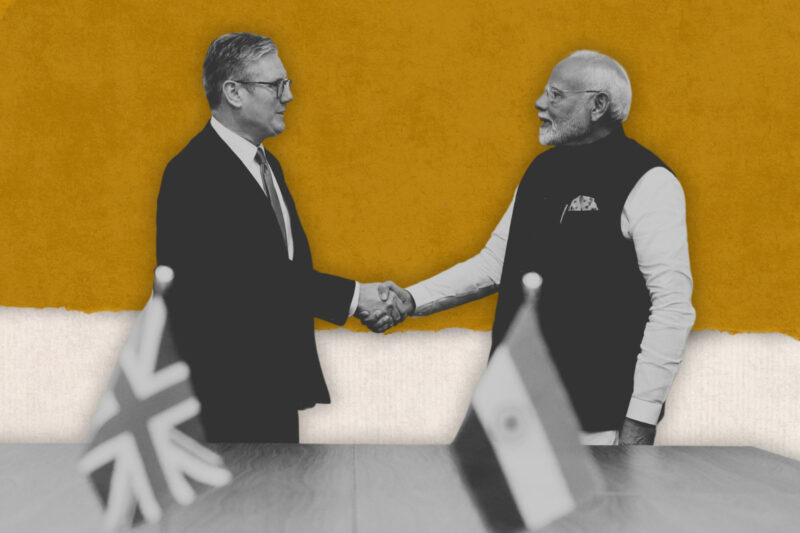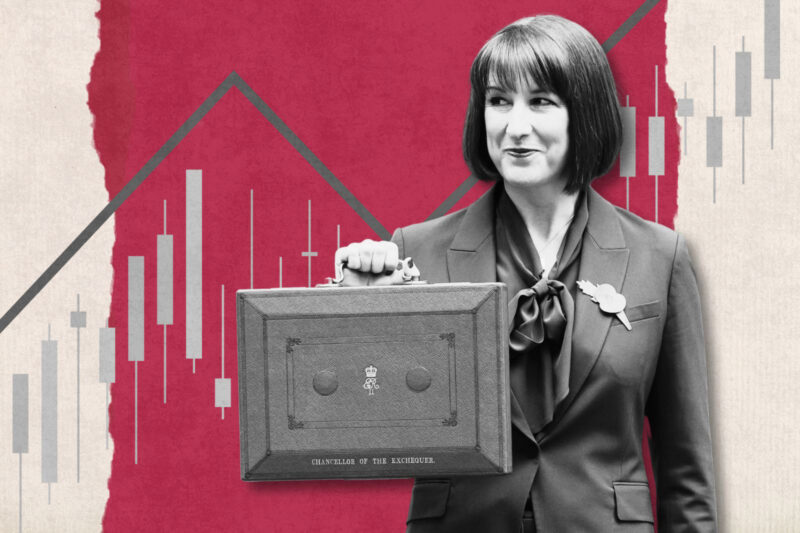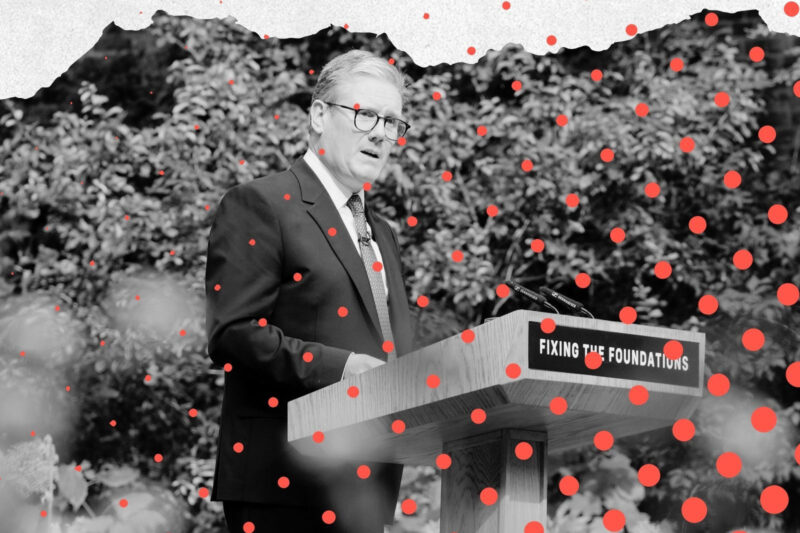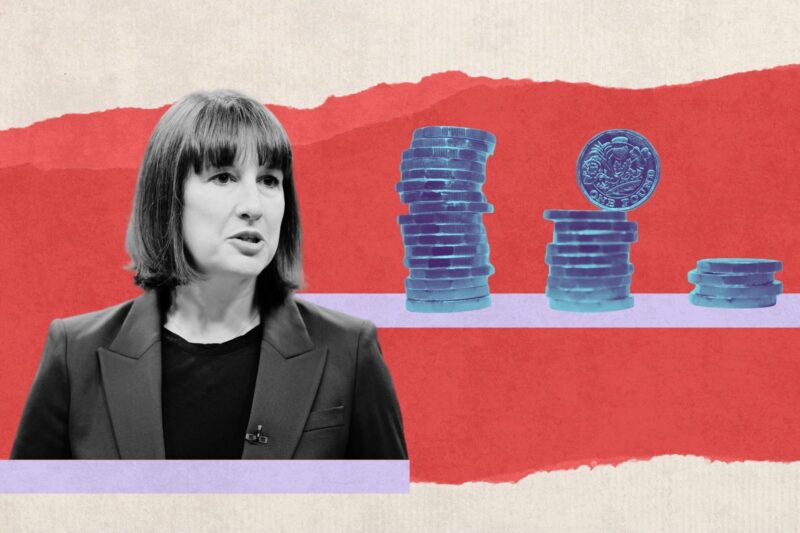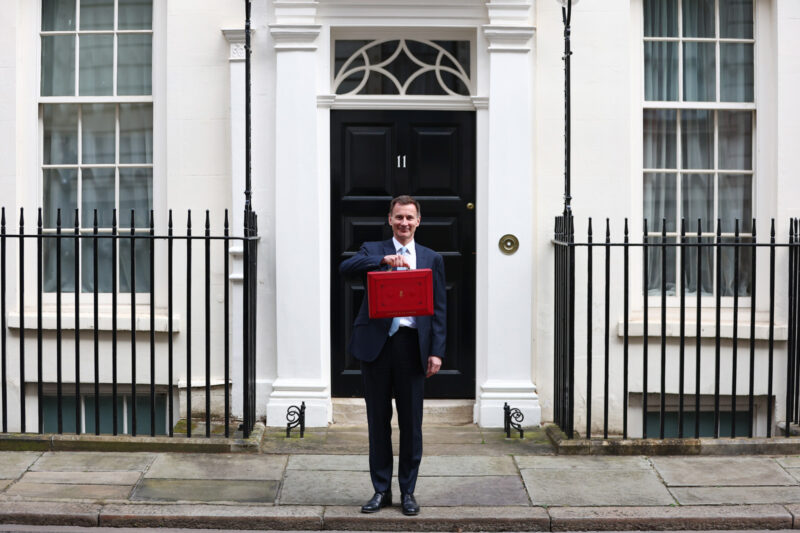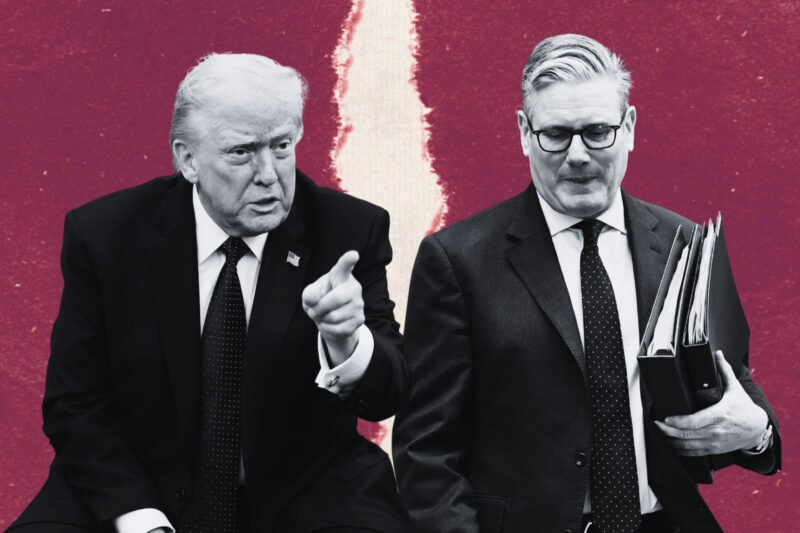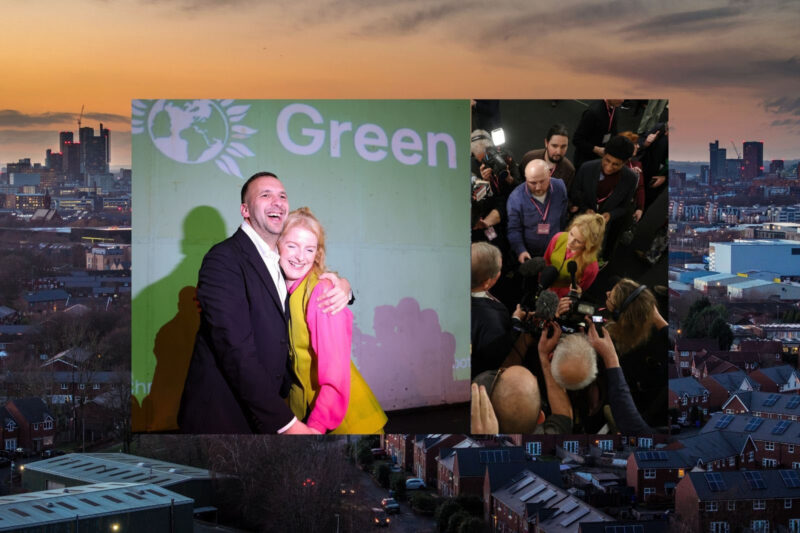The gloves are off as Labour and Tories clash over UK public finances
Rachel Reeves and Jeremy Hunt blamed each other this week over the origins of a £22bn ‘black hole’ in the public budget. No matter who wins the argument, tax rises and public sector cuts seem inevitable
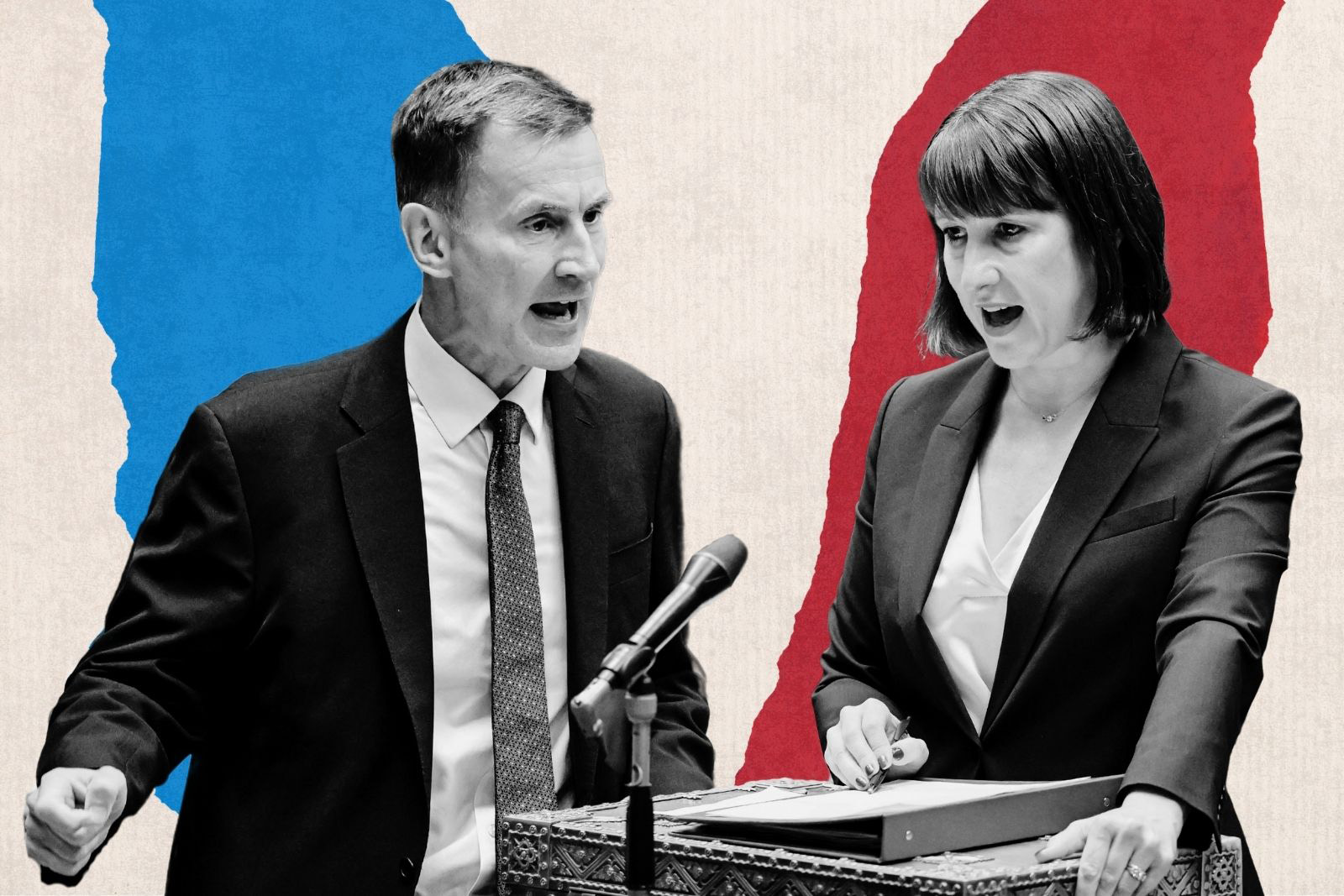
It was the morning after the night before and I was expecting to interview both the chancellor Rachel Reeves and her Tory counterpart Jeremy Hunt for ITV News after their blockbuster clash in the House of Commons.
Our cameras were set up and the team was ready and waiting as Reeves arrived for her interview. I engaged her in some small talk, but had not accounted for Hunt, who I was interviewing 20 minutes later, turning up early. This is mostly uncharacteristic of politicians but it meant the pair bumped into each other in the hallway. Wry smiles from both as they acknowledged each other’s presence.
“Hope you’re well Jeremy. Do you have any holiday plans?” asked Reeves.
‘I did,’ Hunt replied, as he walked past.
Both looked uncomfortable, exchanging grimaces and awkward laughter with their respective advisors immediately after. The exchange may have been cordial, but it is an indication that the gloves have well and truly come off since Labour’s seismic victory on 4 July.
Just a few hours earlier, Reeves had been in the House of Commons practically spitting with rage as she accused her predecessor of “covering up” a £22bn black hole in the country’s finances. During my interview I asked if she believed Hunt was a liar, a word she could not use in parliament due to strict rules on language. “Well, he has not been honest,” she said.
Hunt too was seething with anger in the Commons, visibly shaking his head in disbelief. In our interview, he adopted his usual calm and polite manner but said he had “expected and hoped for better” from Reeves and had thought she was a “decent person” prior to this. I asked him if there was a black hole in the country’s finances the day he left office. His response was unequivocal. “No.”
The state of the country’s parlous finances were a running theme in the lead up to the election. Experts told us repeatedly that both parties were not being entirely transparent about their economic plans. Many told me they believed that if elected, Reeves would make an announcement to say the finances were worse than she thought and would be forced to pursue policies that were not in the Labour manifesto.
Theirs is a prediction that has proven to be scarily accurate. After Reeves’ announcement, which included a long-anticipated cap on social care costs and cuts to plans to build 40 hospitals, I asked her if that had been her plan all along; she was adamant that is not the case and after discovering Tory spending that she was unaware of she had asked for a Treasury audit.
Sources close to Reeves tell me that she met with senior Treasury officials very early on after taking office and was briefed in detail about the state of the public finances. “She was shocked at how bad it was and how spending had simply not been accounted for,” the source said.
British politics is no stranger to this kind of framing. When David Cameron and George Osborne entered office in 2010, they were able to frame austerity through the prism of “dealing with the mess they inherited”. Labour is now doing the same. A senior Conservative election strategist described it to me as “clever politics”. It essentially provides cover for a number of unpopular decisions, like axing winter fuel payments for most pensioners, or scrapping the adult social care cap.
Heading into the 30 October budget, we can expect more of the same from Labour. Although the chancellor has categorically ruled out increasing income tax, national insurance or VAT, there has not been much said about changes or freezes to tax thresholds. When I asked Treasury sources, they were evasive. There could also be alterations to capital gains tax and inheritance tax, as well as reassessments of ongoing infrastructure projects like HS2.
The Tories know that they are fighting for their reputation and future. If Labour is able to frame a period of austerity as a consequence of past Conservative decision making, they may find themselves in serious trouble for a few election cycles.
Hunt has already written to the most senior civil servant in the country to query some of the figures that have been used to get to this £22bn figure. He believes that scrapping the Rwanda scheme and giving public sector workers a pay rise are to blame.
Hunt’s round of television interviews this week suggest the former chancellor is happy to go on the attack to fight back. Senior Tory sources tell me they believe the debate over public spending could be as important as who takes over as party leader. If they allow Labour to set the narrative unchallenged, it could very easily spell disaster.
The coming months will be crucial for both parties and it is clear that Labour is about to deliver a painful budget. Whoever the public blames for this round of cuts is likely to find themselves on the backfoot for much of this parliament.
Shehab Khan is an award-winning presenter and political correspondent for ITV News
 Newsletter
Newsletter


